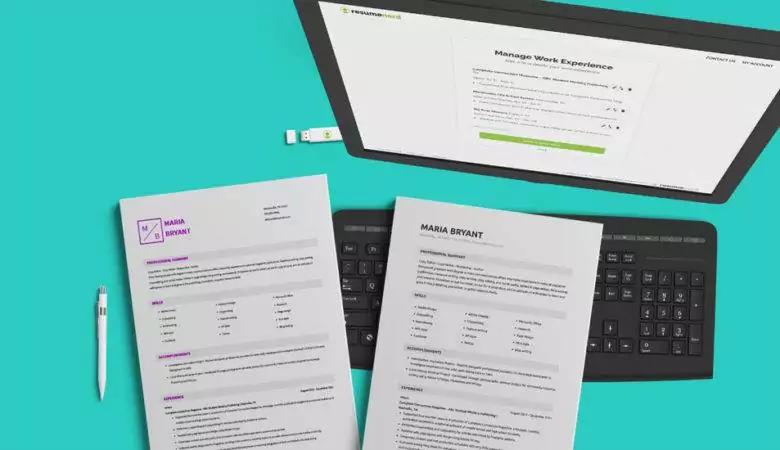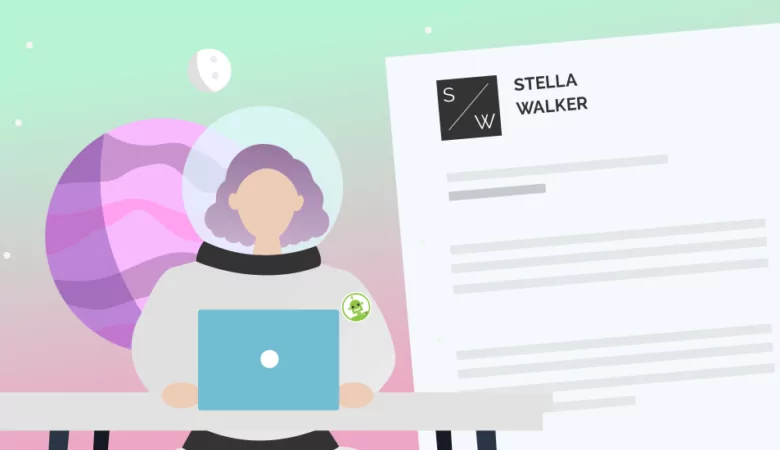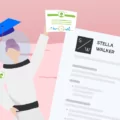Problem-solving skills are an important part of thinking creatively and thinking for yourself. How can you list these important skills on your resume?

Tips for Listing Problem-Solving Skills on Resumes
Problem-solving Skills
When you write your resume, you need to include a wide variety of different skills. This includes soft skills, which are skills that relate to how you interact with other people. Soft skills are a very broad skill set, and within that skill set includes problem-solving skills. If you’re interested in improving your skills, problem-solving skills are likely a good starting point. Here’s what you need to know about problem-solving skills.

What Are Problem-solving Skills?
Problem-solving skills revolve around finding the best solution out of all possible solutions for a specific problem. Effective problem solving is all about analyzing many different courses of action, then deciding on an action plan that incorporates the best options available to you. A good problem-solver needs to not only be able to find the best solution available but also delegate to individuals actually to execute the process. Oftentimes, staff in project management need to use problem-solving skills to not only solve a problem but also ensure a fix is put in place.
The Best Problem-solving Skills To Include on a Resume
There’s no such thing as a single problem-solving skill. Finding creative solutions requires that you understand many different skills. Here are a few examples of problem-solving skills to include on your resume:
- Brainstorming
- Creative thinking
- Decision-making
- Analytical skills
- Critical thinking skills
- Teamwork
- Active listening
- Communication skills
- Management skills
- Time management
These are all skills that play into problem-solving techniques at some point. Whether you’re trying to determine the root cause of the problem, crafting steps to address potential solutions, or communicating with team members to try and solve the problem, these are all important skills. That means these are good problem-solving skills to include in a resume.
How to Feature Problem-solving Skills in a Resume
Sure, you can just state “problem-solving skills” in the skills section of your resume. However, a hiring manager is unlikely to take notice if you leave it at that. How can you make a hiring manager believe you when you list these skills?
First of all, use some of the specific skills listed above. Just listing “problem-solving skills” is such a wide umbrella that it can be difficult to determine what element of problem-solving you’re good at. When it comes to solving complex problems, it’s good to emphasize skills that highlight specific aspects of the problem-solving process.
Additionally, include these skills throughout your resume and cover letter. If you have good communication skills, for example, you can include this as one of your key skills in the skills section,, discuss responsibilities or achievements where you’ve used it in your work history and mention them in your cover letter. By sprinkling references to these high-quality skills all throughout your resume and cover letter, you’re more likely to ensure that you come off as truly effective in these areas.
It's also a good idea to detail specific types of problems you’ve been able to solve. An individual who is great at solving problems surrounding shipping delays and similar problems may not be as experienced at solving customer service-related concerns, for example. You can include problems you’ve solved in your job descriptions, allowing an interviewer to determine similar problems you might be well-suited to solving.
The best way to show off your problem-solving skill set is to have a strong resume and cover letter that are able to show off all of your skills, not just your problem-solving skills. You can use the cover letter builder from ResumeNerd to make sure your resume both looks sleek and functions appropriately for your job application.
FAQ: Problem-solving Skills
In addition to referring to important skills throughout your cover letter and resume, look into getting certifications in certain areas that speak to problem-solving skills. Communication skills, for example, which are a big part of putting your problem-solving skills into action, could be something that you can get certification in.
You should connect your problem-solving skills to both hard skills and soft skills. Most commonly, you’ll connect these problems to soft skills, as these types of skills, like communication and analytical skills, are crucial in the problem-solving process. However, especially if you’re in a field that’s very heavy on hard skills, you might be able to connect them to your hard skills as well. For example, if you’re a software engineer, you’ll need to use your problem-solving skills in conjunction with your hard skills, which are your software development skills, to solve the specific problems your field deals with.
You should include your problem-solving skills all throughout your resume. Include them in your resume summary, your skills section, and your job descriptions. You can also include these skills in your cover letter. This way, the hiring manager really sees that you’re great at problem-solving skills.








